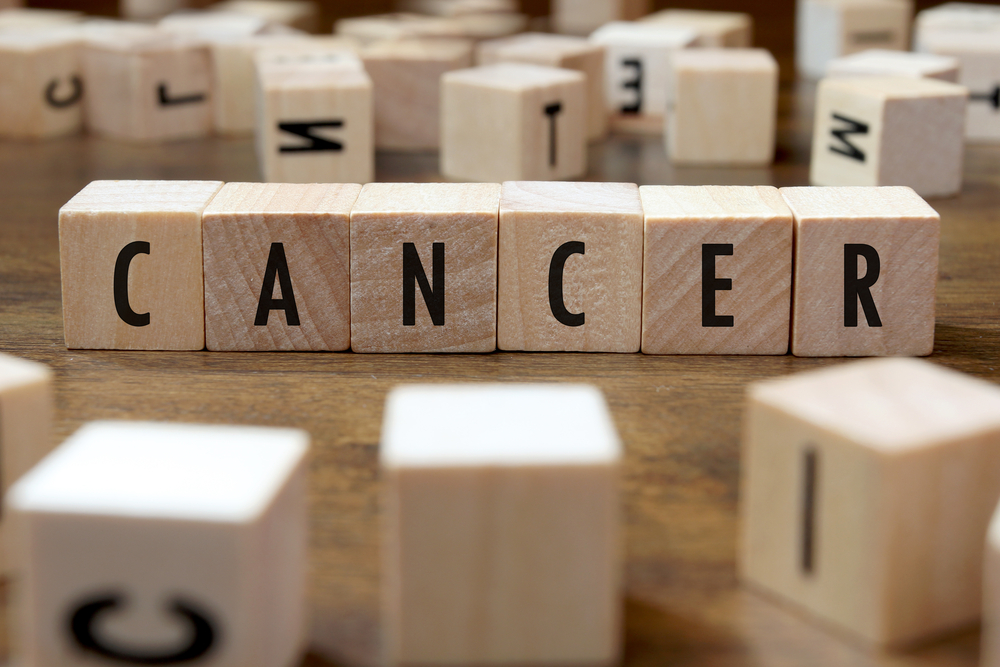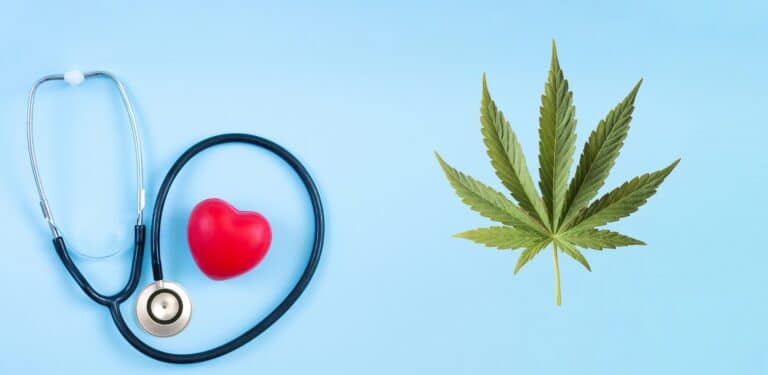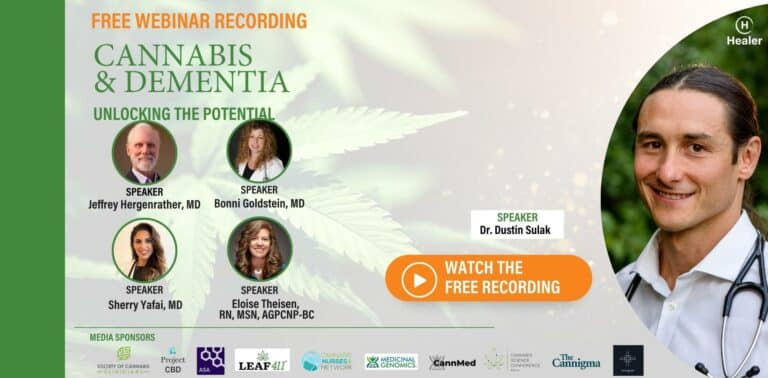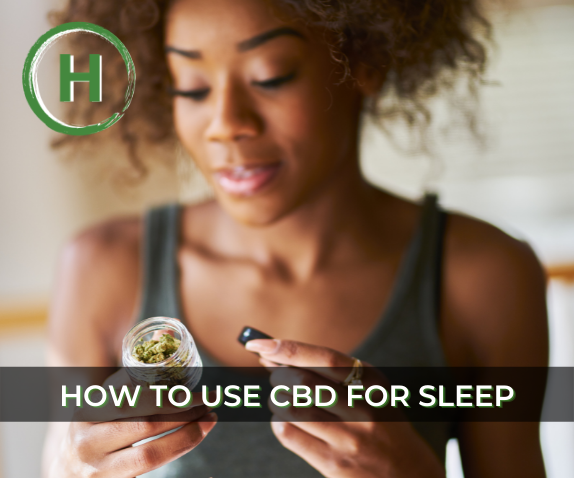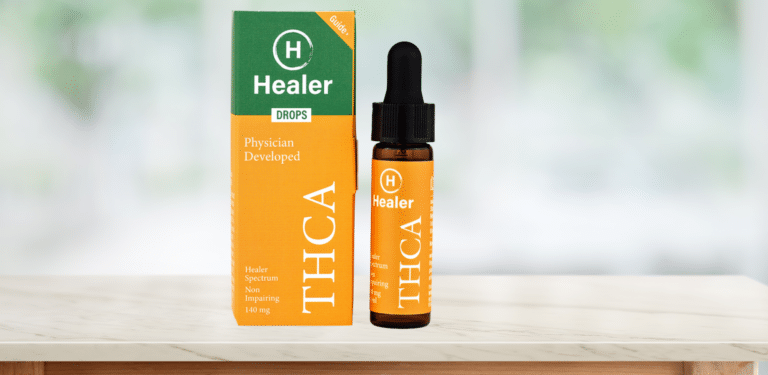I have been using cannabis oil for 3 months for prostate cancer (as a complementary to conventional cancer treatments) in hopes that it would help slow the progression. In the 3 months since I started I have not been able to take anywhere close to the 750 mg. of combined (CBD & THC) oil that I’m supposed to take because it is just too much (it makes me very anxious and depressed if I take too much).
You have mentioned another method of taking a low daily dose of cannabis as an alternative. How do I find an optimal low dose that will actually help with my cancer?
Ted, M. Age 60
Dr. Sulak’s Answer
Great question! Please know that you’re not the only one that finds it challenging to work up to the very high doses of cannabinoids that are often recommended to cancer patients.
Many patients find that they are able to increase the ratio of CBD:THC to avoid some of the side effects you described (anxiety and depression), especially when taking the cannabis during the day. It can also be helpful to increase the dose of THC before bed so that you sleep through the most psychoactive side effects, but be careful – I have heard many reports of patients taking too much THC before bed and waking up to a full-blown panic attack. Overall, finding the right ratio of cannabinoids, timing the doses right, and gradually increasing the dose at the right rate are keys to success. Even so, some patients simply cannot tolerate these very high doses no matter what they try, and if you are one of these people, I do recommend listening to your body and changing paths.
Right now, all we know regarding the optimal dose of cannabis to treat cancer comes from anecdotes and expert opinions. The vast majority of success stories do involve very high doses, similar to what you’ve been attempting to reach. There are also some individuals that report great success in preventing cancer growth or inducing cancer remission when using only low doses of cannabis. I suspect that at high doses, the cannabinoids have specific anti-cancer mechanisms of action, which have been demonstrated in preclinical research. At low doses, the anti-cancer effect may be due to improved function of the patient’s healing system via immune modulation, decreased stress, improved sleep, increased self-awareness, and a number of other health-promoting properties associated with low dose cannabis use.
It’s also important to keep in mind that there are thousands of cases of spontaneous cancer regression that do not involve cannabinoids. Medical researchers have documented these cases and seek to understand common factors linked to these examples of spontaneous healing, which often occur in the absence of anti-cancer treatments. Dr. Kelly Turner identified these 9 factors common to most of the cases she evaluated:
- radical diet change
- taking control of their health
- following their intuition
- using herbs and supplements
- releasing suppressed emotions
- increasing positive emotions
- embracing social support
- deepening their spiritual connection
- having strong reasons for living
To directly answer your question, the low dose of cannabis that would probably work best to help you heal your cancer is the same dose that helps you feel great, get restorative sleep, and, potentially, incorporate some of the factors described above. The Healer.com introduction to cannabis and sensitization programs can help you find your optimal low dose.
And remember, each of us never knows how many days we have left on this glorious planet. The goal is to make our remaining time as meaningful and enjoyable as possible. Cannabis can help with that when used appropriately. And when the end does come, cannabis offers great comfort and palliation during the transition through death.
Best wishes for health, healing, and appreciation of every moment,
Dr. Sulak
Links to more info on spontaneous cancer regression:
http://www.tandfonline.com/doi/abs/10.3109/02841869009090048
© 2024 Healer. All rights reserved.
Site by CannaPlanners
